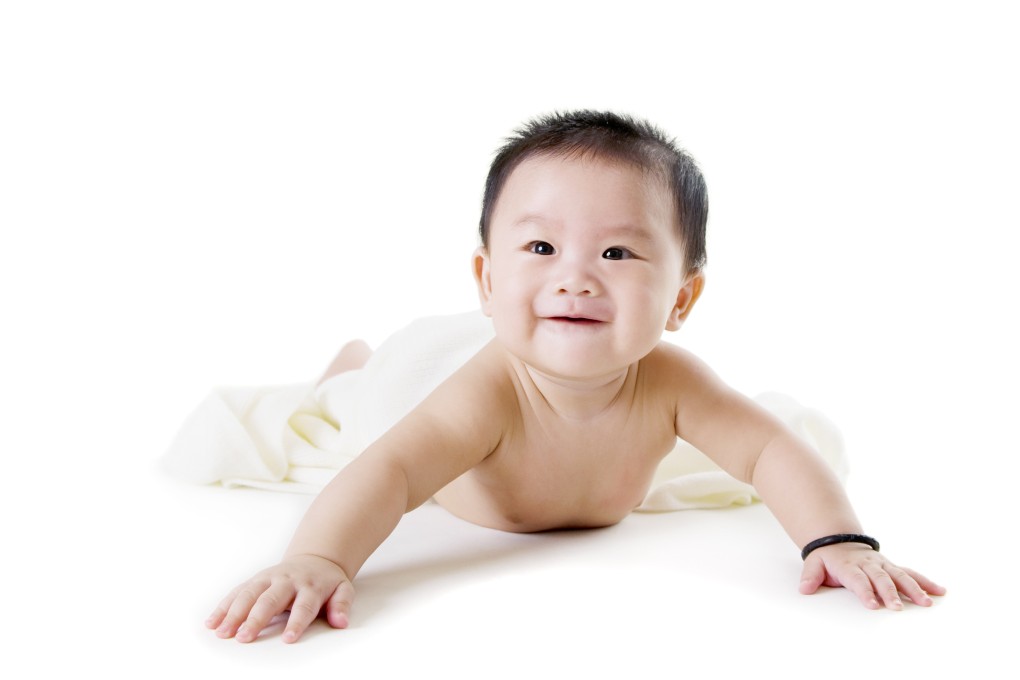From ‘Nike’ to ‘Pikachu’ and ‘Devil’: why Japanese parents shunning traditional baby names is a sign of societal change
- A study of naming trends revealed that Japanese parents are increasingly looking to give their children unique, individualistic names
- The shift from long-standing naming conventions may be one of a number of leading indicators of broader change in other areas of Japanese society

For past generations of Japanese parents contemplating a name for their newborn, the rule was largely to play it safe. This is, after all, the country where the proverb “The nail that sticks out gets hammered down” is a truism in business, school, society and every other facet of life.
A study of trends in children’s names has revealed, however, that parents are increasingly looking to give their offspring unique, individualistic names. And that gradual shift from long-standing convention may be one of a number of leading indicators of broader change in other areas of Japanese society.
Written by Yuji Ogihara, an assistant professor at Tokyo University of Science, the study was published in a recent edition of the academic journal “Current Research in Ecological and Social Psychology” and is based on research into naming trends across the country between 1979 and 2018.
In the first year of his research, the most popular name for a boy was Daisuke, while for girls it was Tomoko, according to an annual survey conducted by Meiji Yasuda Life Insurance Co. By 2018, those traditional names faded and had been replaced with kanji characters most commonly read as Ren for a boy and Yuzuki for a girl.
“An analysis of baby names published in municipality newsletters between 1979 and 2018 revealed that the rates of unique names increased in Japan over 40 years, suggesting a rise in uniqueness-seeking and individualism,” Ogihara told This Week in Asia.
